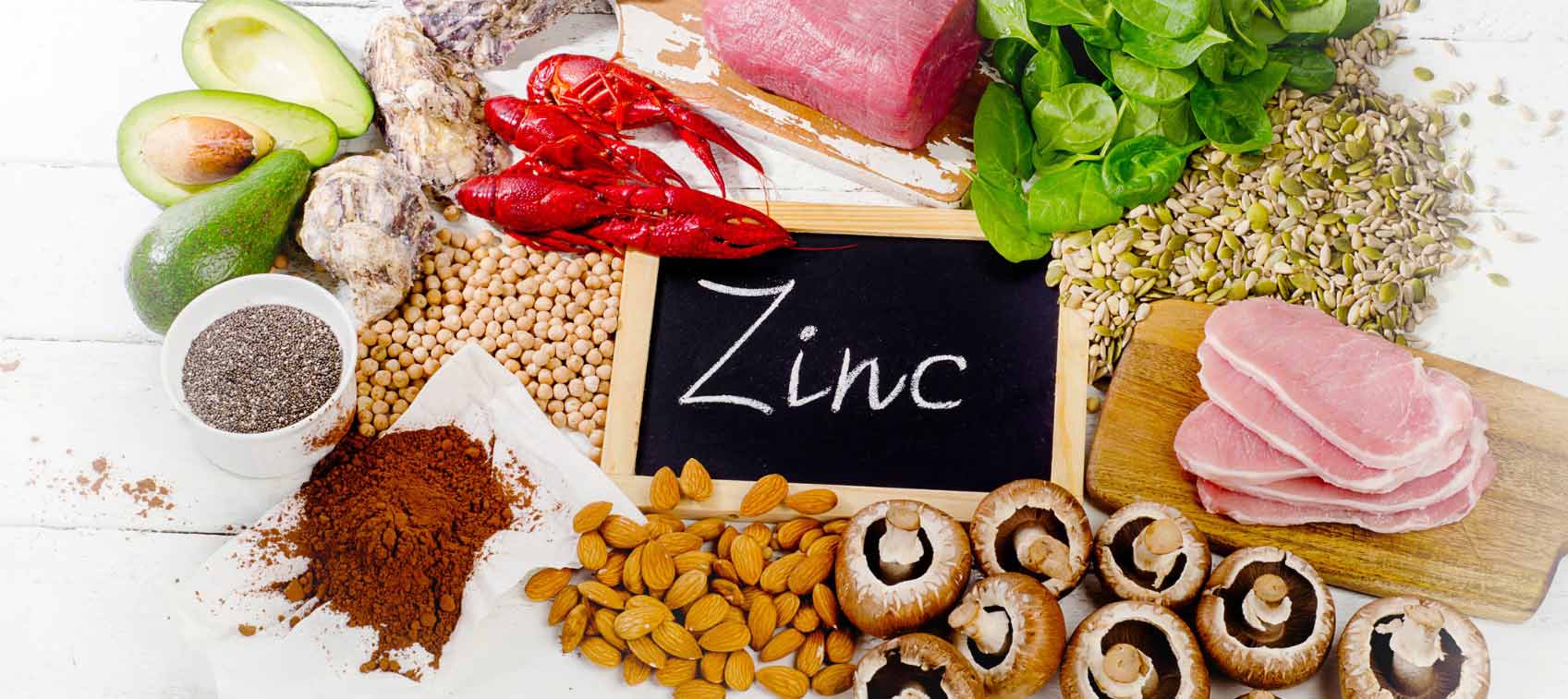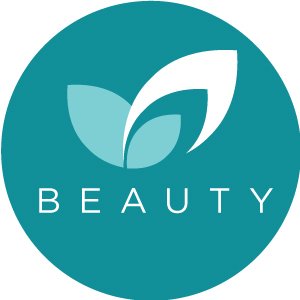
It’s so awe-inspiring when you think about all the different elements, vitamins, and minerals our bodies need. Our bodies require essential nutrients like water, vitamins, and some minerals like iron are necessary, but our bodies don’t produce them.
Other nutrients are produced by the body, but sometimes the body doesn’t produce or consume enough nutrients. When we don’t get enough of a particular nutrient, our bodies experience a deficiency, and depending on the importance of that nutrient to our body’s health and well-being, this can cause problems for specific systems or throughout the body.
When our nutritional intake and production are at a good balance, our bodies experience wellness and health. But because everything is working as it should when our levels are balanced, it can be easy to take it for granted.
Zinc is one of the important essential nutrients that our bodies need and use to function properly. The body does not hold on to the zinc we consume for later use.
This means that we need to consume it in order to maintain proper levels. The amount we need to consume is dependent on age, but adults need about 40 mg per day.
Knowing we need zinc doesn’t mean we understand what it is, so what is zinc?
What is Zinc?
Zinc is a mineral. While it is essential, it’s called an essential trace element because the body needs such small amounts of it.
Zinc is present in many of the body’s functions. It is needed to help activate your T-cells. It also helps to control and regulate your immune system.
Found in relatively high amounts in the skin, zinc also interacts with collagen and helps reduce its degradation. Zinc also plays a role in tissue growth. Thus, it is commonly used by hospitals to help treat burns and other skin injuries. Zinc aids in injury recovery because it helps boost tissue growth around the wound bed to assist in the healing process and soothe areas that are swollen.
Despite the fact that we only need a small amount, humans can still have a zinc deficiency. In fact, it’s estimated that 17.3% of the global population is at risk of getting a deficient amount of zinc.
So, what does a zinc deficiency look like?
Signs of Zinc Deficiency
While deficiencies are more common in developing countries, it does happen throughout the world. One of the main causes of zinc deficiency can be the inadequate consumption of foods that contain zinc.
Additionally, if a person has a reduced absorption of vitamins or minerals, it can cause a deficiency. Other causes can include increased use or loss of zinc.
Zinc deficiencies should be diagnosed by your physician, but you may be able to spot signs and symptoms that could prompt you to check your zinc levels.
Here are some signs and symptoms to be mindful of:
- Short stature from reduced growth
- Diarrhea
- Loss of appetite
- Increased risk of infection
- Reproductive issues
- Emotional changes
- Light sensitivity
- Hair loss
- Skin lesions
- Unexplained night blindness
These types of deficiencies are not that common in the United States. Only about 12% of the population in the United States is at risk of a deficiency.
However, elderly citizens have a heightened risk of not absorbing the proper amounts of zinc. This is true for the elderly due to the decrease in stomach acid that is a common trait of aging.
If you have several symptoms of a deficiency, you should discuss supplementing with your doctor. It’s also nice to know the benefits of restoring your zinc levels to their best state, so what are the benefits of zinc?
Benefits of Zinc
Our bodies might not need a ton of zinc, but that doesn’t mean our bodies don’t enjoy having the right amounts of zinc. So, what benefits can we hope to see from having the right balance of zinc?
- Supports your immune system. It’s not uncommon for zinc to pop up when you’re looking at the ingredient list of over-the-counter cold remedies and lozenges.
- Encourages the reduction of oxidative stress. This means it encourages the detoxification from an imbalance of oxygen reactive species in cells and tissues.
- Contributes to the healing of wounds. Hospitals use zinc to encourage the speedy recovery of wounds.
- Discourages severity during a cold. Zinc helps to boost your immune system’s function.
- Reduces the possible risks of age-related issues. Zinc continues to be an important part of the healthy function of the immune system.
- Boosts vision health
- Reduces the appearance of blemishes
- Aids fetal development
Along with all of its various benefits, zinc comes in a variety of forms. Let’s look at the different types of zinc.
Types of Zinc
Zinc is an essential trace element, but with the possibility of a deficiency or to reach optimal levels of zinc to encourage the benefits of zinc, it makes sense to consider supplementation.
As with any supplements you’re considering adding to your intake, you’ll want to consult your doctor to rule out any concerns that may apply to you.
As you prepare to talk with your doctor, it’s wise to learn the different types of zinc. Here are some of the most common types of zinc:
Zinc Gluconate
Zinc gluconate is the zinc salt formed from the compound of zinc and gluconic acid. It is one of the most common forms of zinc, and it is sold as an over-the-counter supplement.
Due to the role of zinc in the immune system and its soothing effect on raw throats, zinc gluconate is typically used in cold remedies in the form of lozenges and nasal sprays to comfort users dealing with the common cold.
Zinc Acetate
Zinc acetate is used in ways similar to zinc gluconate. It is added to lozenges designed to reduce cold symptoms and encourage a speedy rate of recovery.
Zinc Sulfate
Zinc sulfate is most commonly used to prevent zinc deficiency. It has also shown promising results in reducing the appearance of blemishes.
Zinc Picolinate
Zinc picolinate is made from compounding zinc with the organic acid known as picolinic acid.
Picolinic acid is a derivative of combining pyridine with carboxylic acid. It used to offer an alternative form of zinc in the hopes that the body will absorb it better than other types of zinc like zinc gluconate and zinc citrate.
Zinc Orotate
Zinc orotate is a form of zinc that is bonded to orotic acid, and it can usually be found in zinc supplements.
Zinc Citrate
Zinc citrate is a salt that is made from bonding zinc and citric acid. It is a type of zinc supplement that is used to encourage absorption, and it is said to have a more appealing taste than other zinc compounds.
Zinc Oxide
Zinc oxide is a zinc compound that is widely used in skincare products like makeup, baby lotions, and foot powders. This white powdery mineral compound is also used in skin protection products like diaper rash creams and sunscreen.
Zinc Glycinate
Zinc glycinate is a compound of zinc and glycine — a small essential amino acid. This combination is sometimes used in supplements to enhance absorption across the intestinal wall and into the bloodstream.
How to Get Zinc in Your Diet
Because your body doesn’t create zinc or store it up for later, it’s important to know where to find it. The first place we look for the vitamins and minerals our bodies need if we can’t produce them on our own is through our diet.
Here are some foods that make it easy to get enough zinc into your diet:
- Oysters
- Red meat
- Lobster
- Poultry
- Beans
- Nuts
- Dairy
- Whole grains
These are the natural places to add zinc to your diet, but you can also find it in some fortified cereals as well. A healthy lifestyle likely already has a decent amount of zinc, but even with a healthy lifestyle, you may not be absorbing enough zinc. Consider discussing a zinc supplement if you are at high risk for lower absorption of essential vitamins and minerals.
Zinc supplements can help contribute to the dietary needs associated with a vegetarian or vegan lifestyle. As only a few foods that are sources of zinc are in adherence to vegetarian or vegan diets, it’s important to discuss with your doctor whether you should consider a zinc supplement to ensure your levels stay at optimal levels.
Summary
Zinc is an important essential trace element mineral that your body needs in its various systems, particularly the immune system.
Keeping your levels balanced promotes feelings of wellness, and it is important to consider talking with your doctor about supplementing your zinc intake if you are concerned that you may have a deficiency.


